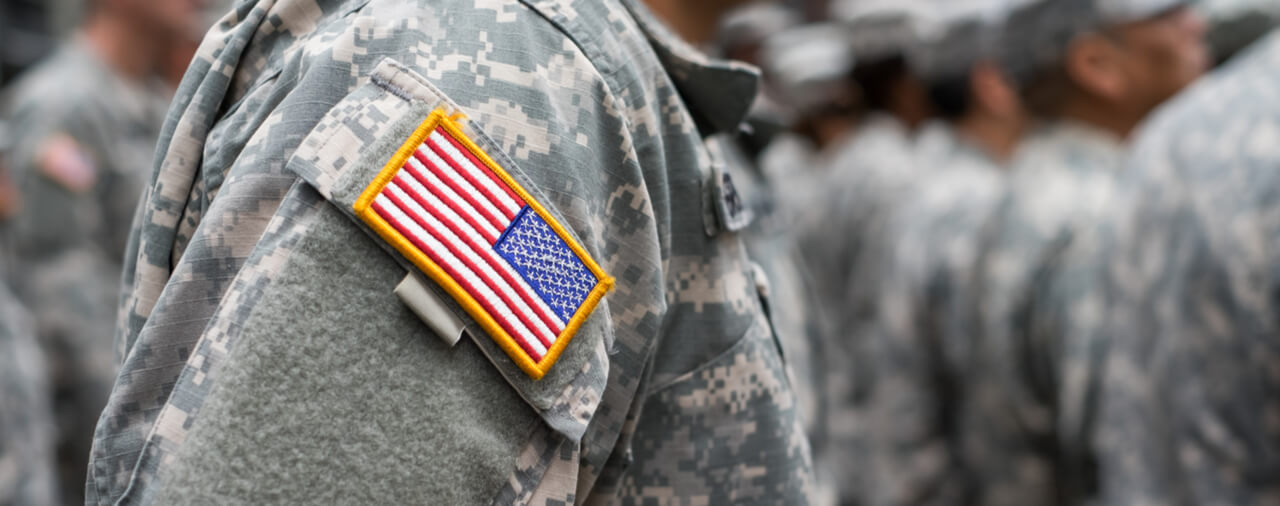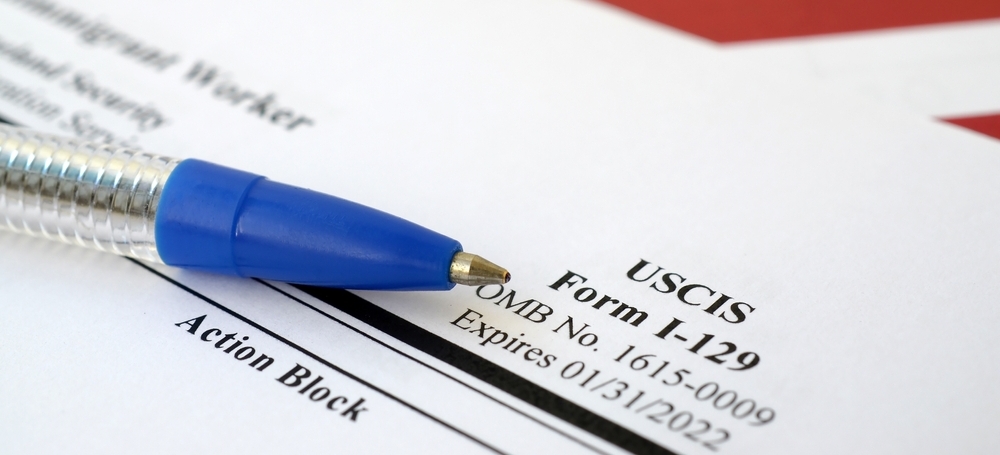On September 30, 2019, the United States Citizenship and Immigration Services (USCIS) announced that it would provide military naturalization services at four overseas military bases [PDF version]. These bases were chosen based on the USCIS international field offices that remain open after the USCIS reduced its overseas footprint [see blog].
The USCIS announced that service members and eligible family stationed overseas may complete their naturalization processes — if otherwise eligible — at one of the four “hubs” located at:
Camp Humphreys, South Korea;
Commander Fleet Activities Yokosuka, Japan;
U.S. Army Garrison Stuttgart, Germany; and
Naval Support Activity Naples, Italy.
The USCIS stated that it chose these four locations “based on their proximity to locations where USCIS international offices historically provided the most overseas military naturalization services.”
The USCIS will send officers to each of the four overseas hubs for one week each quarter to provide onsite naturalization services and answer questions from naturalization applicants. Appointments will be required in order that USCIS officers can be prepared to offer case-specific assistance.
The USCIS explains that only a small number of military naturalizations occur overseas. The USCIS received 347 overseas military naturalization applications in FY 2018, and 520 in FY 2019.
The USCIS offers special resources to active-duty service members, their families, and veterans. First, the USCIS has a toll-free Military Help Line at 877-CIS-4MIL (877-247-4645, TTY 800-877-8339). These individuals may also email the USCIS at [email protected]. Please note that these special resources are available only to active-duty service members, their family, and veterans. The help line is open from 8 a.m. to 4 p.m., central time, Monday thru Friday, excluding holidays. “Members of the U.S. armed forces and their families stationed in the [United States] or overseas may access the help line using the toll-free number through their base telephone operator or using the Defense Switched Network.”
Military members, their families, and veterans, may consult with an experienced immigration attorney for information on what types of benefits or naturalization programs may be available. An attorney may also help military members and their families seek various forms of immigration benefits for which they may be eligible, including naturalization.





